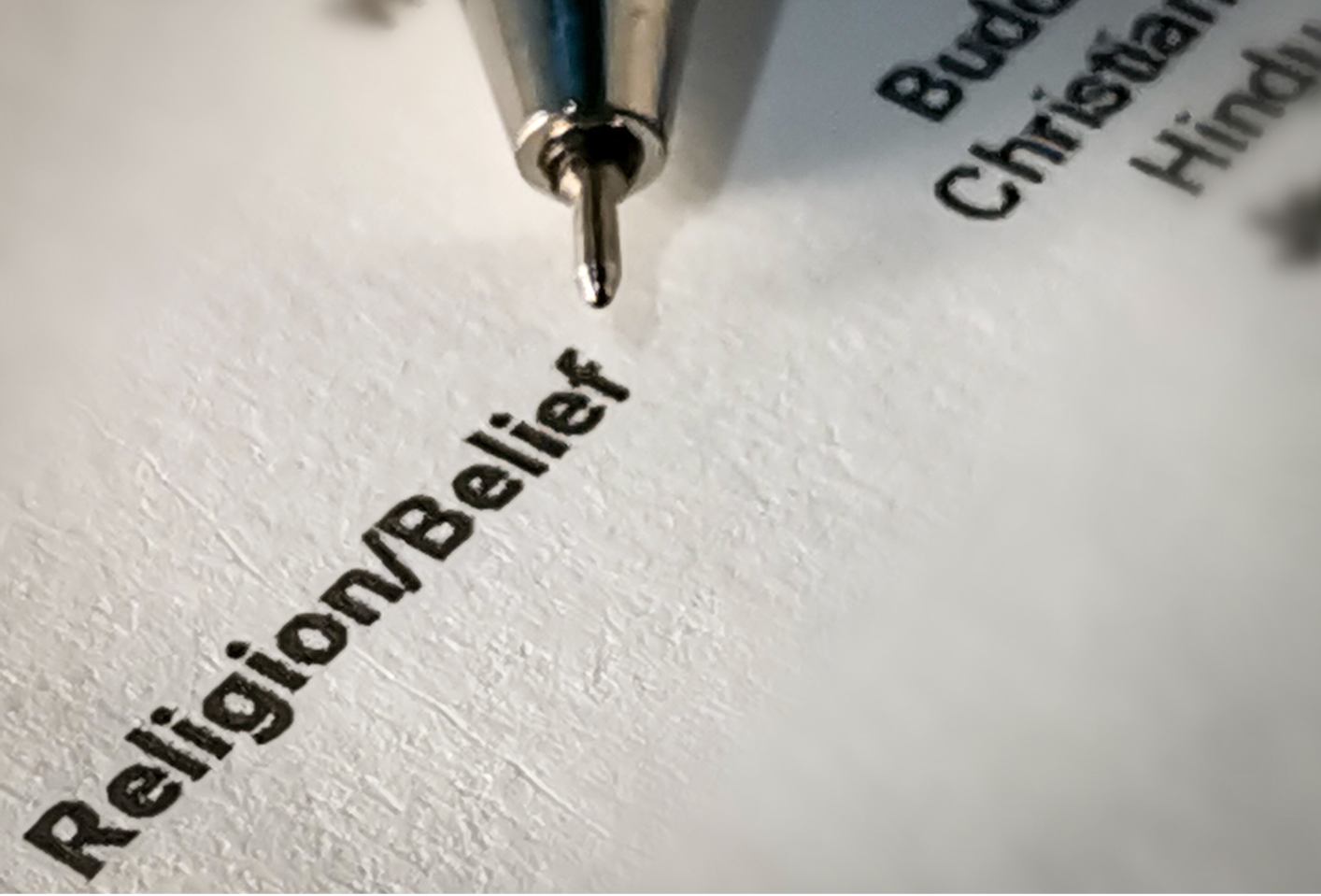Equality and Diversity
5. The Protected Characteristics
5.6. Religion or Belief

The law makes it unlawful to discriminate on the grounds of religion or belief, directly or indirectly; or to harass or victimise somebody because they have made a complaint or intend to, or if they give or intend to give evidence to a complaint of discrimination. This applies to all aspects of employment (recruitment, terms and conditions, promotions, transfers, terminations and training) and vocational training.
This also includes providing goods, facilities or services.
For example:
- Refusing to provide a person with goods, facilities or services if they would normally do so to the public, or to a section of the public to which the person belongs; and
- Providing goods, facilities or services of an inferior quality to those that would normally by provided, or in a less favourable manner or on less favourable terms than would normally be the case.
What is a religion is not defined by the Equality Act. However, in line with the European Convention on Human Rights and Britain’s Equality and Human Rights, it is accepted that:
- A religion must have a clear structure and belief system.
- A clearly-structured denomination or sect within a religion can be covered.
- Employees without a religious faith, as well as those with a faith, can be protected against discrimination. For example, someone who is not a Hindu would be protected against discrimination because they are not a Hindu.
(Blackpool Council, 2024)